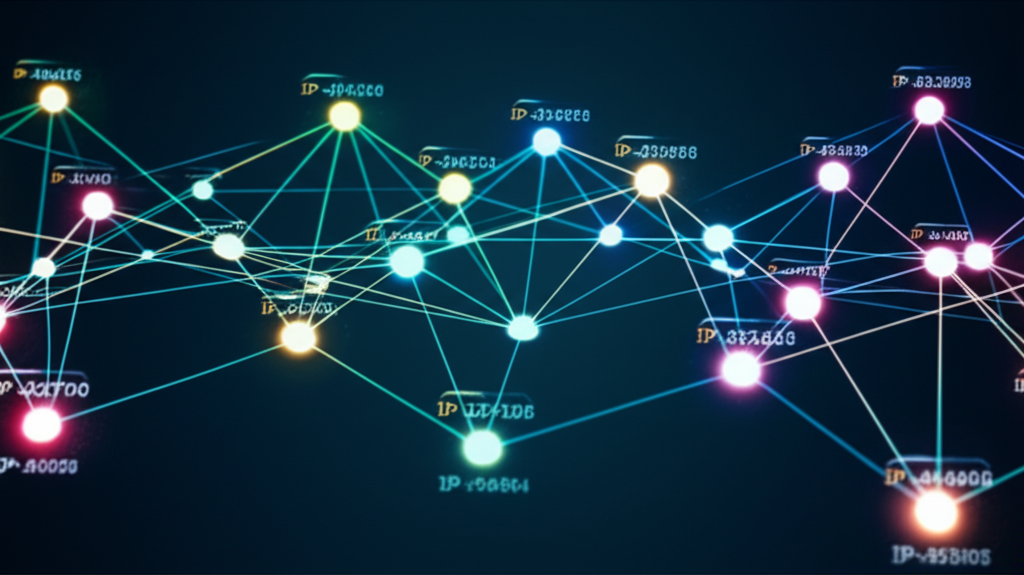Understanding IP Addresses
Learn what IP addresses are, how they work, and why they matter for your online privacy
What is an IP Address?
An IP (Internet Protocol) address is a unique numerical label assigned to each device connected to a computer network that uses the Internet Protocol for communication. Think of it as your device's home address on the internet.
IP addresses serve two main functions:
- Host or network interface identification - They identify your specific device on a network
- Location addressing - They provide the location of your device in the network topology
When you connect to the internet, your device is assigned an IP address by your Internet Service Provider (ISP). This address is how other devices on the internet know where to send requested information.

Types of IP Addresses
IPv4 (Internet Protocol version 4)
The original and still most widely used version of IP addresses.
203.0.113.1IPv6 (Internet Protocol version 6)
The newer version created to address the IPv4 address exhaustion problem.
2001:0db8:85a3::8a2e:0370:7334Public IP Address
The address assigned to your router by your ISP, visible to the outside world.
203.0.113.1Private IP Address
Used within your local network to identify devices connected to your router.
192.168.1.5Static IP Address
A fixed IP address that doesn't change over time.
203.0.113.1 (remains constant)Dynamic IP Address
An IP address that changes periodically, typically when you restart your router.
203.0.113.1 (changes to 203.0.113.2 after router restart)Privacy Implications
Your IP address can reveal more about you than you might think:
Your approximate geographic location
Your Internet Service Provider
The type of connection you're using
Potentially your organization or employer
Your browsing activities (when tracked across websites)
Common Misconceptions
Myth: IP addresses can pinpoint your exact location
Reality: IP addresses typically only reveal your general area (city or region), not your exact physical address.
Myth: Changing your IP address makes you completely anonymous
Reality: While it helps, true anonymity requires additional measures like using Tor, avoiding logins, and more.
Myth: IP addresses are permanent identifiers
Reality: Most residential IP addresses are dynamic and change periodically.
Myth: VPNs completely hide your IP address from everyone
Reality: VPNs hide your IP from websites and services, but your VPN provider can still see your real IP.
Frequently Asked Questions
How do I find my IP address?
The easiest way is to visit our homepage at WhatIsMyIPAddress.com, which automatically displays your current public IP address. You can also check through your device's network settings or by searching 'what is my IP' on Google.
Can someone hack me with just my IP address?
While having your IP address alone isn't usually enough for someone to hack your device, it can be used as a starting point for attacks. An IP address can reveal your general location and potentially be used for DDoS attacks or scanning for vulnerabilities.
How often does my IP address change?
For most residential connections, IP addresses are dynamic and can change when you restart your router or when your ISP performs maintenance. The frequency varies by provider—some might change your IP daily, while others might keep it the same for months.
Can two devices have the same IP address?
Two devices cannot have the same public IP address on the internet simultaneously. However, devices on the same local network can share a public IP address while having different private IP addresses. This is how multiple devices in your home can all connect to the internet through one router.
How can I change my IP address?
There are several ways to change your IP address: 1) Restart your router (may get a new dynamic IP), 2) Use a VPN service, 3) Use the Tor browser, 4) Connect to a different network, or 5) Contact your ISP to request a new IP address (not always possible).